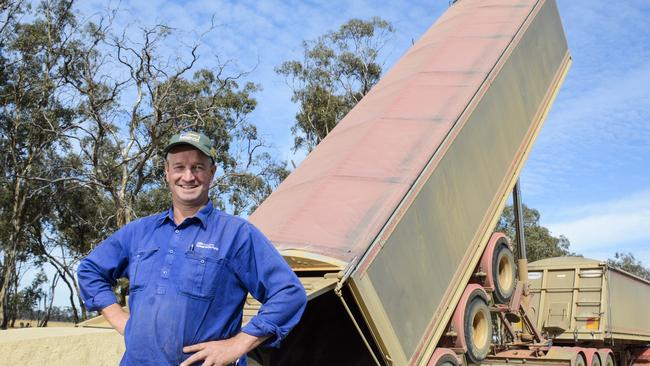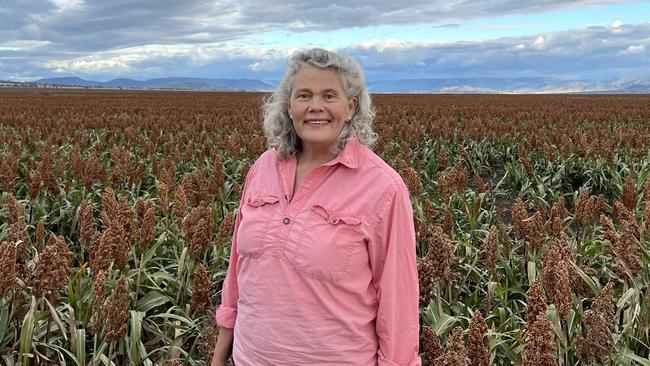Fertiliser supply rationed amid urea shortage
Fertiliser suppliers and retailers are restricting deliveries of urea to only “what is absolutely needed” due to a surge in demand and rapidly depleted retail stocks.
Fertiliser suppliers and retailers are restricting deliveries of urea to only “what is absolutely needed” to ensure farmers in most desperate need of stock are prioritised.
GrainGrowers advocacy and rural affairs manager Sean Cole has also revealed that at least one major supplier has “brought more vessels into the rotations to try to stem the tightness of supply”.
Farmers along the Australian eastern seaboard are facing a major shortage of urea with some producers predicted to suffer crop losses while waiting until at least September for fresh supplies to reach the country.
The key driver of the shortage was the long-range El Nino forecast softening retail demand for the popular compound, which led to a reduction in import orders over recent months.

Mr Cole said the current backlog was due to “growers being caught off guard” by unseasonal recent heavy rainfall across broadacre cropping areas that triggered a surge in demand and rapidly depleted retail stocks.
“Although it is difficult to obtain exact figures as to how acute the shortage is or will be, GrainGrowers is informed suppliers and retailers in many cases are restricting deliveries to only what is absolutely needed in order for growers to get through the season and to stretch stocks as far as possible,” he said.
Grain Producers Australia southern region director Andrew Weidemann said the situation was “yet another example why we need increased domestic urea production.”
Australia currently imports more than 75 per cent of its nitrogen.
However, he said farmers were also reluctant to invest heavily on stockpiles after the huge outlays many made during the a covid-era supply chain crisis that pushed up prices worldwide.
“We as farmers are becoming commodity managers, but we have also been taking on a lot more risk in our businesses as well,” he said.

National Farmers’ Federation president Fiona Simson said growers were feeling the impacts of tighter global supply and less local manufacturing.
“We know the economics of domestic manufacturing are challenging, but we’d love to see government step in with solutions to make it viable and reduce our exposure to global shocks,” she said.
“When it comes to farming, timing is everything, so short delays can be costly,” she said.
An Albanese government spokesman said agriculture was a priority area within the $15 billion National Reconstruction Fund and “investments … may include the manufacture of fertilisers”.




